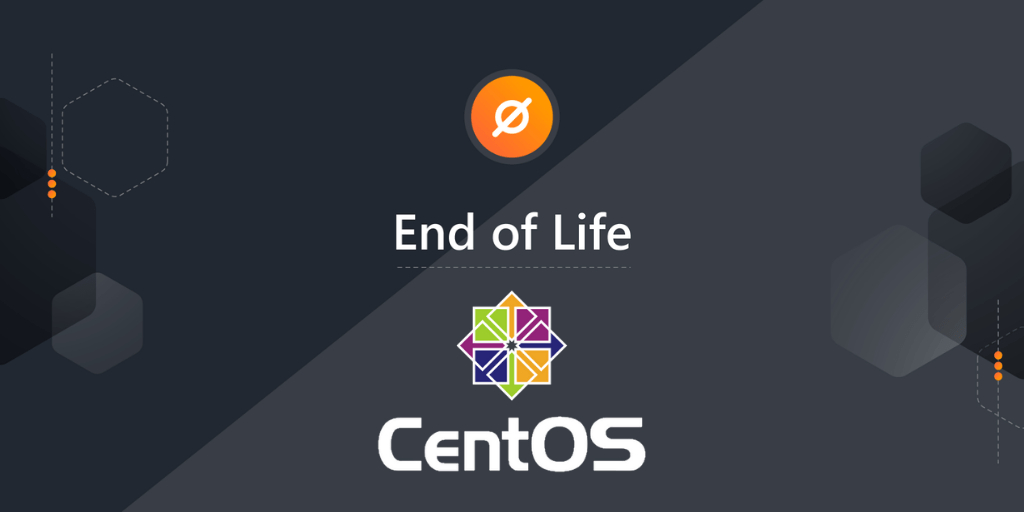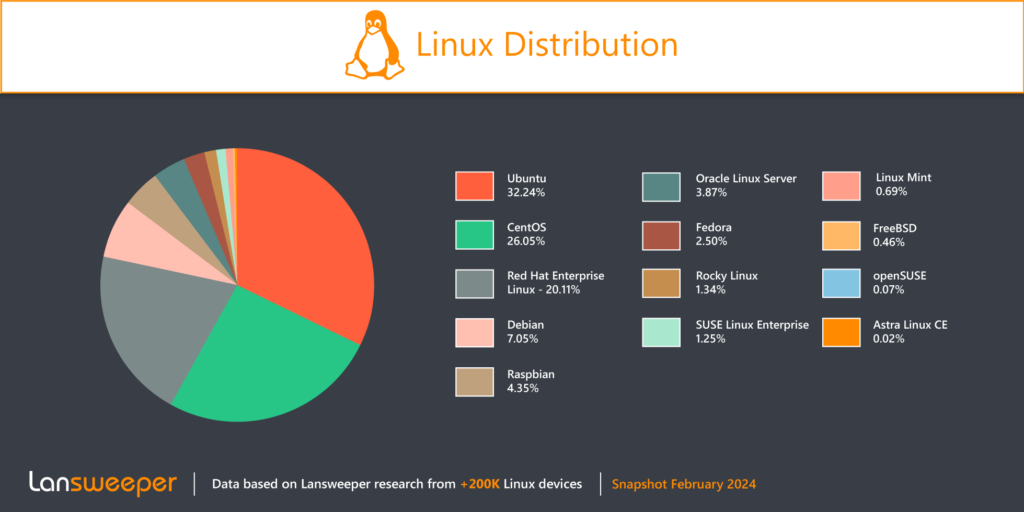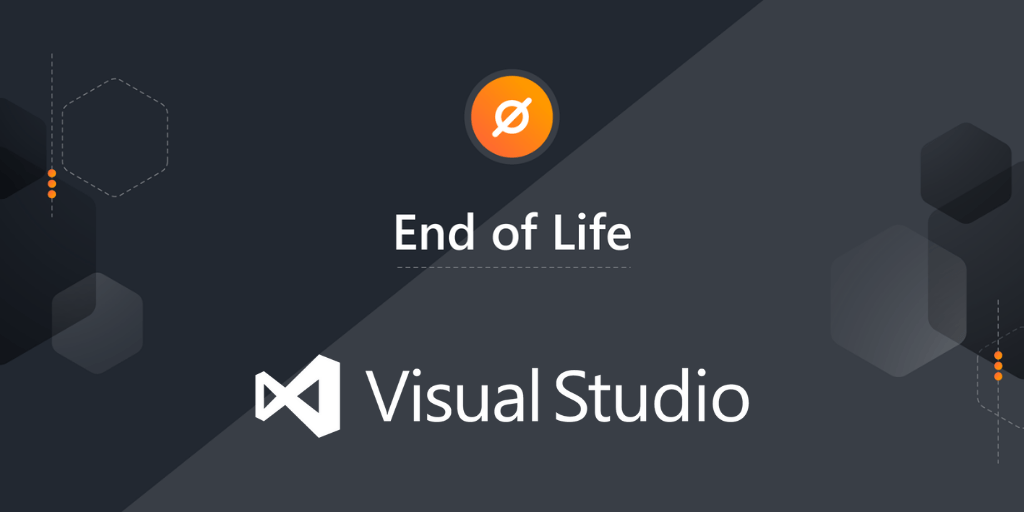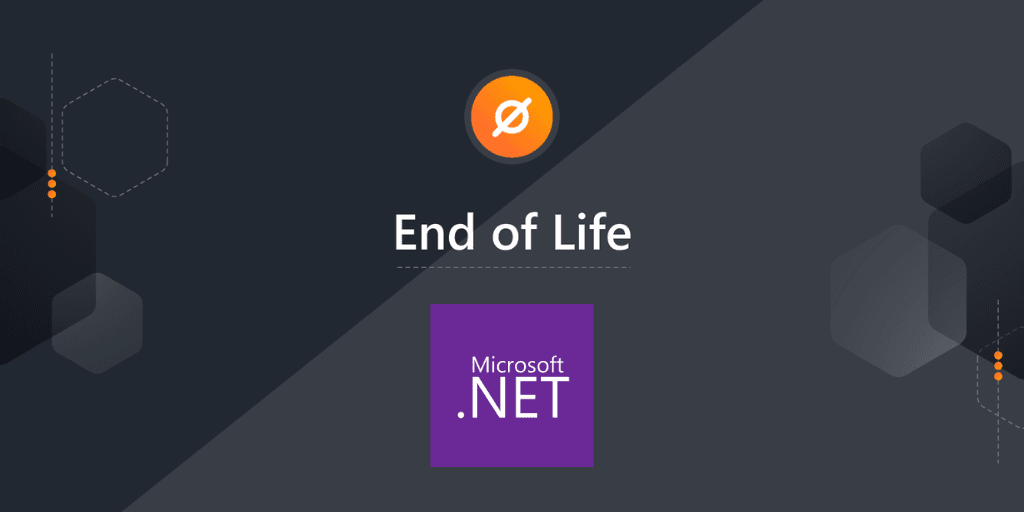
CentOS Linux 7 will be going end-of-life on the 30th of June 2024. This is the last supported version of CentOS Linux, meaning that the platform will be fully out of support after the EOL Date. CentOS Linux provides a solid, predictable base to build upon to open source communities, making it a popular free alternative to Red Hat Enterprise Linux.
What is the CentOS Project?
The CentOS Project, first launched in 2004 is a free and open-source operating system derived from the sources of Red Hat Enterprise Linux, freely provided by Red Hat. The goal of the project is to provide a rich base platform for open-source communities to build upon. They provide 2 Linux variants, CentOS Linux and CentOS Stream
CentOS Linux is a downstream rebuild of Red Hat Linux Enterprise. It is widely popular for its stability, high security, and many control panel options. It provides communities with a solid and predictable base to build upon. It allows individuals and organizations to use a stable and enterprise-class Linux distribution without the associated costs of a commercial license. However, this distribution will be discontinued as of June 2024.
CentOS Stream, on the other hand, is an upstream distribution that tracks just ahead of RHEL. Here, open-source community members can contribute directly to the creation of future RHEL versions, while gaining early access to the source code. Essentially, this makes CentOS Stream a preview version of RHEL releases.
CentOS Usage Statistics
CentOS is a very popular Linux operating system in business environments. Based on our data taken from over 200k Linux devices, CentOS is used for 26.05% of Linux devices. Only falling behind Ubuntu.
Red Hat Enterprise, the appointed replacement for CentOS is in third with 20.11% usage. Assuming most of the CentOS devices will migrate over to RHEL, we can expect RHEL to comfortably take over first place from Ubuntu soon.

Operating on a deprecated operating system poses several significant risks. Without continued support, these systems will no longer receive critical security updates, leaving them highly vulnerable to cyberattacks. Additionally, compliance with industry regulations and standards will be jeopardized, potentially leading to severe legal and financial consequences. Operational inefficiencies are also a concern, as deprecated systems may face compatibility issues with new software and hardware, causing disruptions and decreased productivity.
CentOS Stream Lifecycle
CentOS Stream follows the same lifecycle as Red Hat Enterprise Linux. From version 8 onward this means every version is supported for 10 years, split into 5 years of Full Support and 5 years of maintenance support. Users also have the option to purchase an additional 3 years of Extended Life Cycle Support (ELS) as an add-on.
| Version | General Availability | Full Support Ends | Maintenance Support Ends | Extended Life Cycle Support (ELS) Ends |
| 8 | May 7, 2019 | May 31, 2024 | May 31, 2029 | May 31, 2032 |
| 9 | May 18, 2022 | May 31, 2027 | May 31, 2032 | May 31, 2035 |
CentOS Linux 7 End of Life
CentOS Linux 7 is going end-of-life on the 30th of June, 2024. As this is the final supported version, CentOS Linux will from then on be fully end-of-life. The CentOS Project is discontinuing this platform in order to shift its full focus onto CentOS Stream, their upstream development platform for upcoming Red Hat Enterprise Linux releases. If you are still running CentOS Linux 7 you will need to migrate to a new operating system to remain supported.
Where to Migrate After CentOS Linux
CentOS offers several migration options on their blog, for those who need to migrate away from CentOS Linux. If you want to remain in the Red Hat Enterprise Linux ecosystem you have the choice to migrate to either RHEL8 or RHEL9.
Migrating to Red Hat Enterprise Linux has the advantage that you will be able to use many of the same techniques and elements, as CentOS Linux was derived from RHEL. Red Hat also provided an advisory and blog to help you prepare for and carry out your migration.
There is also the option to migrate to CentOS Stream as this platform will continue to exist. This platform tracks just ahead of RHEL, meaning it is on the front lines of platform innovation. If you are interested in collaborating on upcoming releases within the RHEL ecosystem, this is a viable option.
Find Outdated CentOS Instances in Your Network
We have added a new report to Lansweeper to help you find any instances of CentOS in your network. This way you will have an actionable list of devices that need to update or migrate to a different OS. You can get the report via the link below.



